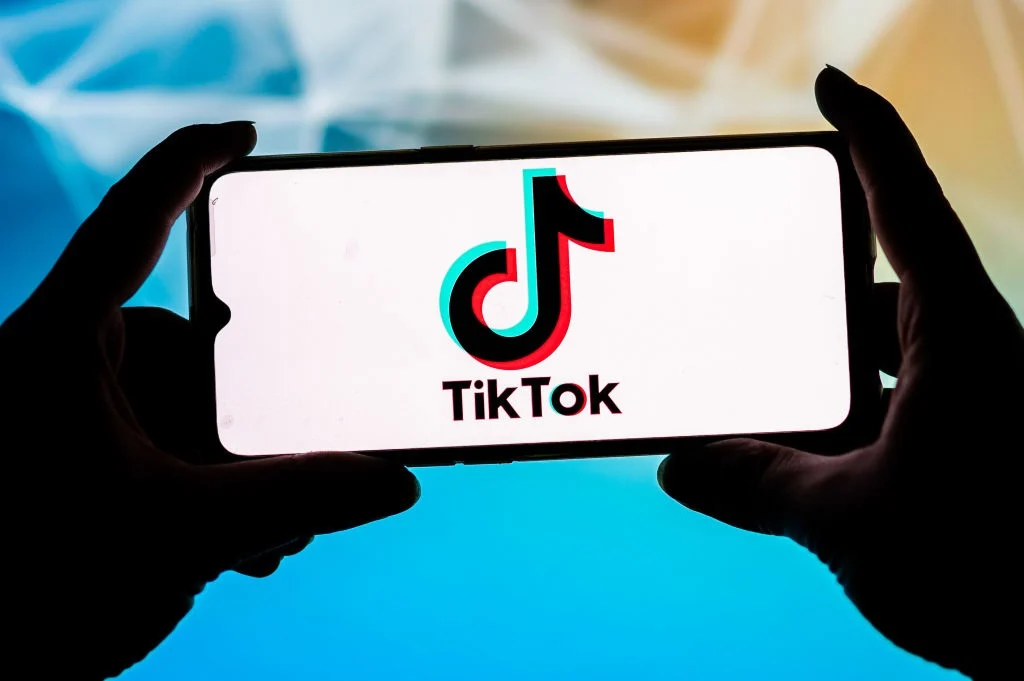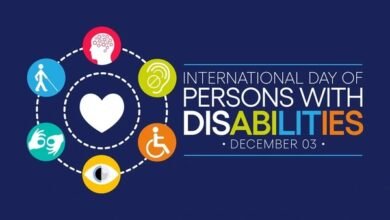The Ongoing Battle Between TikTok and the US Government Over Child Privacy

Source: BBC News
STORY:
TikTok, one of the most popular social media platforms globally, is once again under intense scrutiny from the US government. The Department of Justice (DOJ) has filed a new lawsuit accusing TikTok and its Chinese parent company, ByteDance, of unlawfully collecting children’s data and failing to respond adequately when parents attempt to delete their children’s accounts. The allegations suggest a “massive-scale” invasion of child privacy,” with the DOJ claiming that TikTok’s practices violate US laws requiring parental consent for gathering information on children under 13.
The lawsuit highlights significant issues, including TikTok’s allegedly deficient methods for screening underage users and obstructing parental efforts to cancel their children’s accounts. Despite the platform’s claims of proactively removing underage users and implementing protections such as default screen-time limits and additional privacy guards for minors, the DOJ contends that these measures are either insufficient or inadequately enforced. The lawsuit also draws attention to previous issues, pointing out that TikTok and ByteDance are repeat offenders in this regard, having faced similar accusations in the past.
As TikTok continues to challenge these claims, the case also casts a shadow over the future of the platform in the US, particularly as it battles a separate law that could lead to a nationwide ban if ByteDance does not divest its ownership of the app.
Senses: Child Safeguarding and Protection Principles
- Privacy Protection: Children’s right to privacy is a fundamental principle in child safeguarding. The collection and use of children’s data without proper parental consent not only violates privacy laws but also undermines trust in digital platforms.
- Accountability: Companies must be held accountable for the safety and well-being of their younger users. Effective and transparent mechanisms for parents to control and manage their children’s online presence are essential.
- Due Diligence: Digital platforms must perform due diligence to ensure that their policies and practices align with legal requirements and ethical standards, especially when dealing with vulnerable populations like children.
- Transparency: Clear communication with users, especially parents and guardians, about the data collection practices and the measures in place to protect children’s privacy is crucial. Without transparency, trust between users and platforms erodes.
- Responsiveness: Timely and effective responses to concerns raised by parents regarding their children’s safety and privacy on digital platforms are imperative to uphold child protection standards.
Stones: Child Safeguarding and Protection Lessons for Parents, Government, and Society
- For Parents:
- Vigilance: Parents must be vigilant about their children’s online activities. Understanding the privacy settings and monitoring the platforms their children use can prevent potential misuse of data.
- Empowerment: Parents should be empowered with the knowledge and tools to protect their children’s digital identities. Awareness campaigns and resources should be readily available to assist them in making informed decisions.
- For Government:
- Regulation and Enforcement: Governments must enforce stringent regulations to protect children’s data online. Regular audits and penalties for non-compliance can ensure that digital platforms adhere to child protection laws.
- Legislative Clarity: Clear and robust laws are needed to address emerging challenges in digital privacy, particularly those affecting minors. The legal framework should be adaptive to technological advancements.
- For Society:
- Advocacy: Society, including non-governmental organizations, must advocate for the protection of children’s digital rights. Collective efforts can pressure companies to prioritize child safety in their operations.
- Education: Digital literacy should be a key component of education systems, equipping children and their guardians with the knowledge to navigate the online world safely.
Conclusion: The Imperative of Child Protection in the Digital Age
The lawsuit against TikTok underscores the critical need for enhanced child protection measures in the digital space. As digital platforms continue to play a central role in the lives of young people, safeguarding their privacy and well-being must be a top priority. This case serves as a reminder that the responsibilities of digital platforms extend beyond mere compliance with the law—they must actively work to protect the most vulnerable users. As parents, governments, and society at large come together to address these challenges, the ultimate goal should be to create a safer and more secure online environment for children worldwide.
Source of Image: https://www.news24.com/




